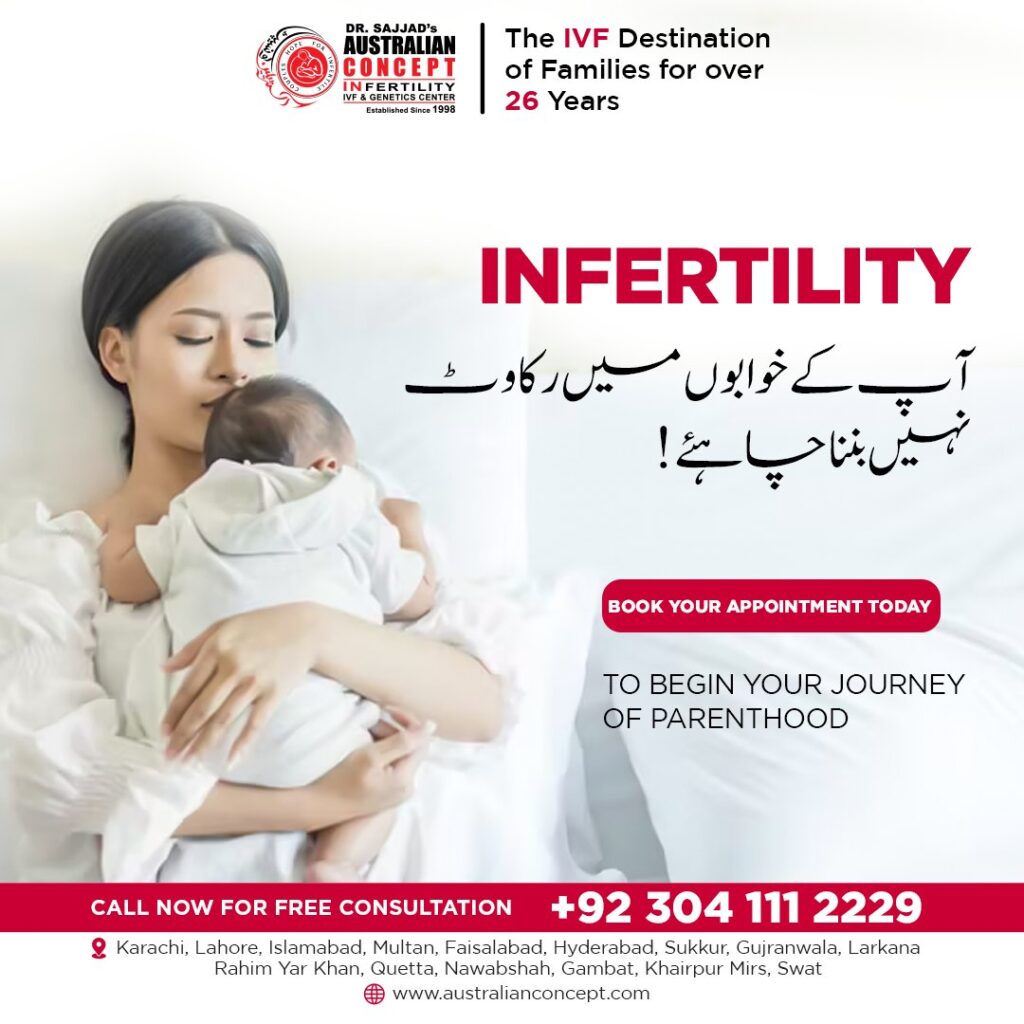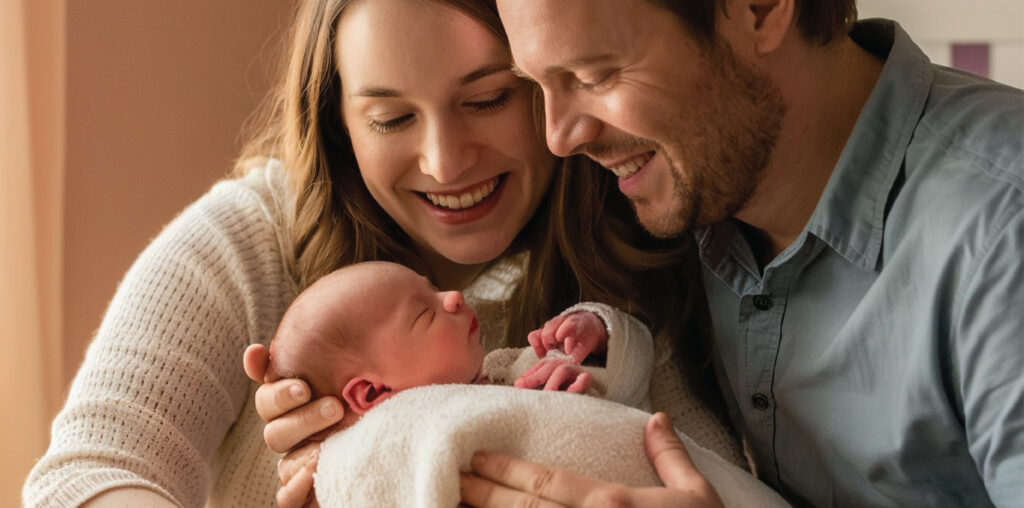Age is a significant factor in fertility, impacting men and women differently. As couples increasingly delay starting families, understanding the relationship between age and fertility is essential. This knowledge not only influences personal family planning but also sheds light on treatment options, such as IVF treatment, especially as age-related factors begin to affect fertility. While age-related fertility decline is commonly associated with women, age also impacts male fertility in unique ways.
Age and Female Fertility
Female fertility generally peaks in a woman’s 20s and starts to decline gradually after age 30. This decline accelerates in the mid-30s, and by age 40, a woman’s fertility significantly decreases. This reduction is primarily due to a decrease in both the quantity and quality of a woman’s eggs over time. Unlike men, women are born with a finite number of eggs, and as they age, these eggs diminish. The eggs that remain are more likely to have chromosomal abnormalities, leading to a higher risk of miscarriages and genetic disorders.
Age and Male Fertility
Male fertility, while more resilient to age than female fertility, is still affected by aging. Men continuously produce new sperm, so they are not limited to a fixed reserve. However, the quality of sperm does decline with age. Older men may experience reduced sperm count, slower motility (movement), and increased DNA fragmentation, all of which can impact conception.
Studies indicate that men over the age of 40 have a higher likelihood of infertility than younger men. This decline in sperm quality can lead to a longer time to conceive, even if the female partner is younger. Additionally, advanced paternal age is associated with an increased risk of certain genetic disorders and developmental issues in children. While men can technically conceive later in life, age can influence both conception rates and pregnancy outcomes.

Impact on IVF and Assisted Reproductive Technology
For couples facing age-related fertility challenges, IVF treatment is often considered. IVF can offer hope, but its success rate is heavily influenced by the woman’s age. For women under 35, the success rate per IVF cycle is generally higher. For women over 40, however, success rates are lower due to the quality of the remaining eggs. In such cases, some couples may opt for donor eggs, which can significantly improve the chances of a successful pregnancy for older women.
For men, while advanced age has a smaller effect on IVF outcomes compared to women, issues with sperm quality can still influence success rates. Techniques like intracytoplasmic sperm injection (ICSI), where a single sperm is injected directly into an egg, can help address male infertility issues related to age. However, older men may still face challenges, and it’s often recommended that they seek consultation at an infertility hospital in Lahore or other specialized centers for comprehensive evaluation.
Finding Support at an Infertility Hospital in Lahore
For couples in Pakistan, seeking age-related fertility support can be an empowering first step. Many advanced infertility hospitals in Lahore offer comprehensive fertility assessments and tailored treatment plans that address both male and female fertility factors. These hospitals typically provide access to experienced infertility specialists who are skilled in diagnosing and addressing age-related fertility issues.
Beyond consultations, these hospitals provide access to state-of-the-art treatments, including IVF treatment, ICSI, and other assisted reproductive technologies. In addition, many centers provide counseling and support services to help couples manage the emotional aspects of fertility challenges and treatments.
Considering the Cost of IVF in Pakistan
For couples exploring IVF treatment options, understanding the associated costs is essential. IVF cost in Pakistan varies based on the clinic’s location, the required medications, and any additional procedures such as ICSI. While IVF may be a considerable investment, some hospitals offer financing options or package plans to make the treatment more accessible.
Conclusion
Age plays a critical role in fertility for both men and women, though its impact varies significantly between genders. While women experience a sharp fertility decline with age, men also face age-related fertility issues, though often less severe. However, advances in fertility treatments, particularly IVF treatment, provide hope for couples experiencing age-related infertility.



